Set It Straight: Here’s How Viral Click Braces Sold Online Can Cause Oral Trauma & Even Death
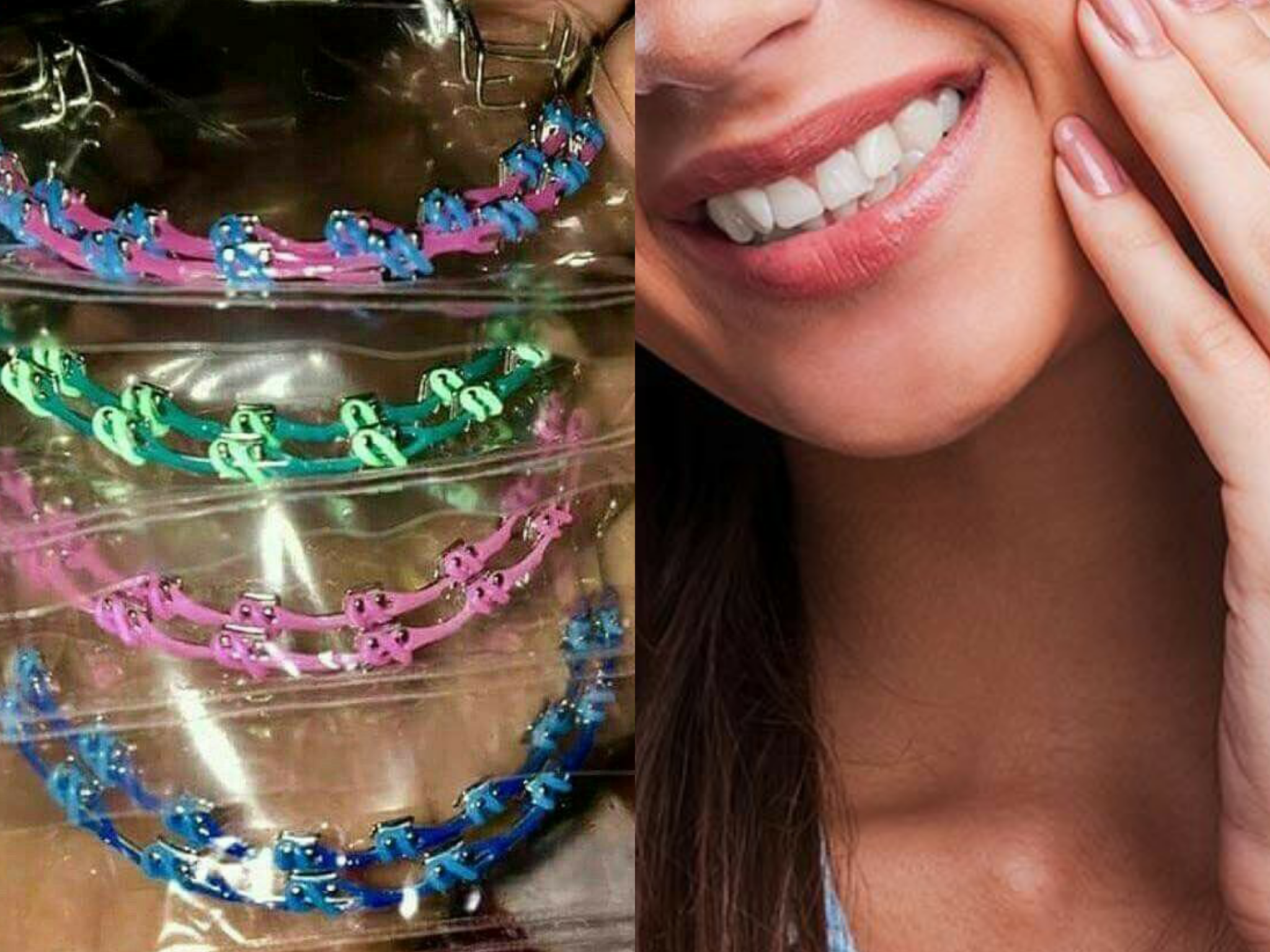 Thirsty for JUICE content? Quench your cravings on our Instagram, TikTok and WhatsApp
Thirsty for JUICE content? Quench your cravings on our Instagram, TikTok and WhatsApp
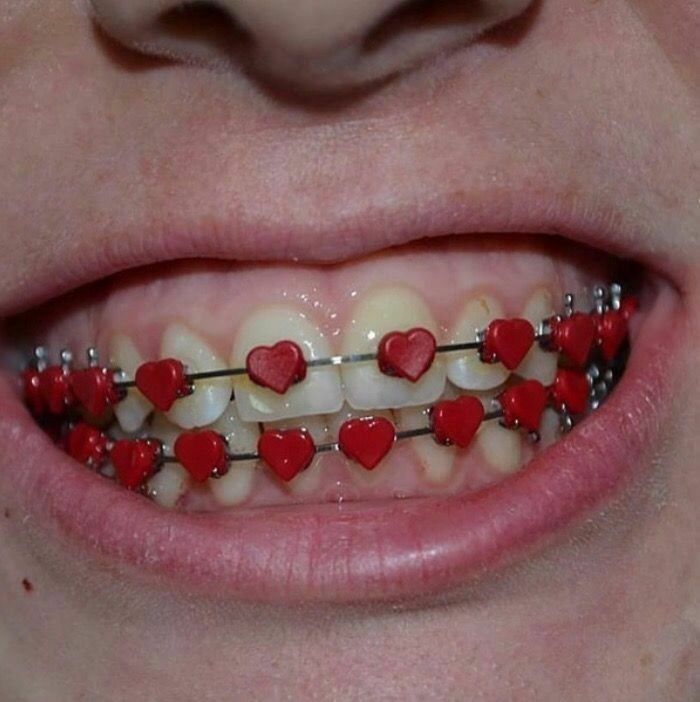
If you currently have braces or have worn them in the past, then you’re definitely no stranger to the hassle of having to treat pesky ulcers, keep your mouth clean, and refrain from breaking and swallowing your brackets.
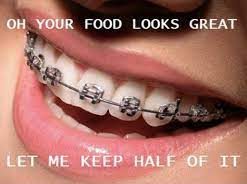
But it’s common knowledge that some people now regard braces as some sort of status symbol, probably due to the pricey cost of attaching and maintaining them; whereas others view them as simply cute or stylish.
This, along with actual cases whereby patients cannot afford professional oral care, has led to a surge in fake or ‘click’ braces sales across e-commerce platforms.
Essentially, these are commercial braces, constructed with a piece of wire and brackets which resemble authentic orthodontic braces. The wire is moulded to fit the shape of the teeth’s exterior, just tight enough to click around the teeth.
Price-wise, fake braces are more than affordable compared to certified and administered ones, costing between RM12 to RM40 for a complete set covering the upper and lower teeth.
Most buyers leave reviews emphasising on the simplicity of the design, asserting that they work just like retainers, but this is far from true.

In terms of appearance, the flimsy wires and fragile brackets may look like the real thing at a glance, especially when adorned with vibrant colours or power chains.
Majority of the sellers do not claim that the braces will actually work on the teeth, but some buyers have insisted that diligent use of them has provided them with notably straighter teeth, causing some to look beyond the aesthetic purpose of the product and attempt to obtain straighter teeth and reduced over and underbites at home.
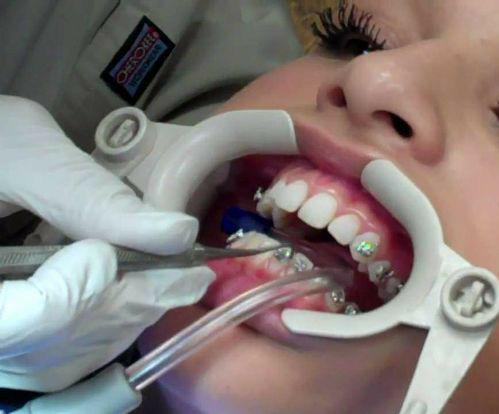
The truth is, real braces are customised and fitted to each patient’s unique dental structure and may ensue additional treatments, such as tooth extractions, rubber bands and more. Without this, along with proper professional supervision throughout the process, wearers may actually face the opposite effects.
The material of the product itself poses multiple risks to the wearer.
Firstly, the brackets cannot firmly attach themselves to the thin wire, nor are they properly bonded onto the teeth. This means that the brackets could easily fall off following the slightest oral movements, forming a choking hazard.
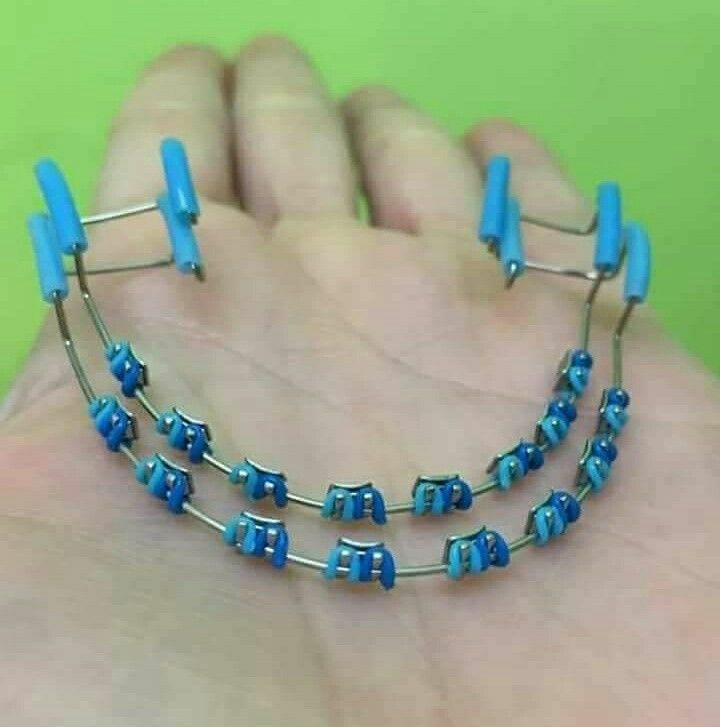
Besides that, the brackets are made from cheaper pieces of steel or plastic, which can break into tiny bits and be seamlessly ingested by the wearer.
Unfortunately, this has inspired some people to go to greater lengths to keep the click braces intact. Many have resorted to gluing the brackets on, introducing yet another foreign object into the mouth.
Bacteria can enter your system through foreign bodies in your mouth and you also run the risk of tearing the gums, which may never recover fully and in turn, become susceptible to infection.
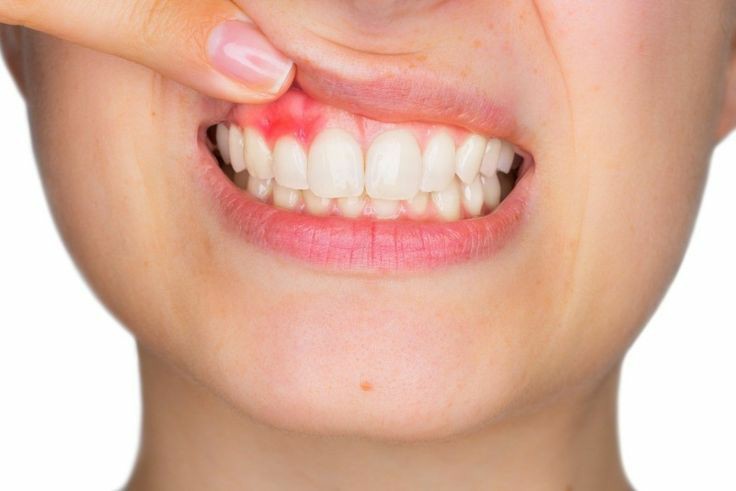
The infections are commonly mild and treatable, but in severe cases, patients face a build-up of plaque, swollen gums, bleeding and unsanitary circumstances which may lead to potentially fatal viruses such a Hepatitis or even HIV.

Furthermore, since click braces only target a portion of your teeth, they can cause significant bite changes. The issue is that while these teeth move to close gaps, other teeth move further apart, altering how your teeth meet or your bite.
Other teeth, if left unsupported, can become volatile and drift, affecting how you chew and speak.
You will have no control over the movement if this occurs.
Even if your teeth shift in a favourable manner, the quick, unmonitored movement is likely to cause your teeth to return to their original position even faster than the time it took you to move them in the first place.
Moreover, the tooth does not obtain the required support. It will ultimately wiggle its way out of the socket and fall out, which will cost even more to fix.

Worse still, the unregulated nature of these products has not impeded it from becoming the latest fad. In fact, the high demand of affordable braces has brought on downright dental quackery- unqualified persons can now be hired for their orthodontic services online, promising safe results at an affordable price.
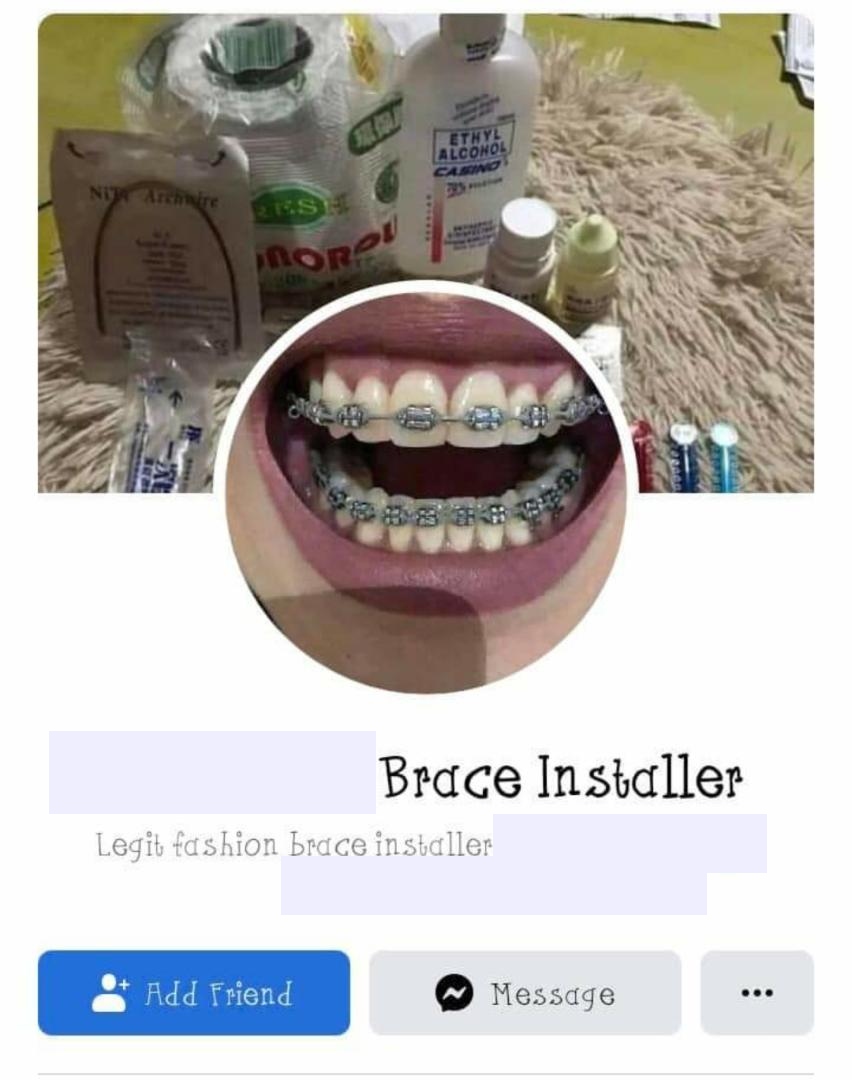
What is offered is, in the simplest terms, slightly better-looking braces cured and bonded with dental adhesives.
But this does not change the fact that without clinical training and medically endorsed equipment, the work is unprofessional and equally dangerous, as well as completely illegal.
The provision of fake braces violates Act 51 of the Dental Act 1971, and Act 804 of the Dental Act 2018, putting both ‘doctor’ and patient at risk of prosecution and more.
In 2019, the Assistant Director of the Malaysian Ministry of Health Dr Doreyat Jemun told WORLD OF BUZZ that people who want to get legitimate orthodontic braces and other cosmetic oral services such as whitening ought to go to government-run, public clinics.
According to him, the prices are reasonable and the entire process is properly directed in accordance with the Ministry of Health’s benchmarks.
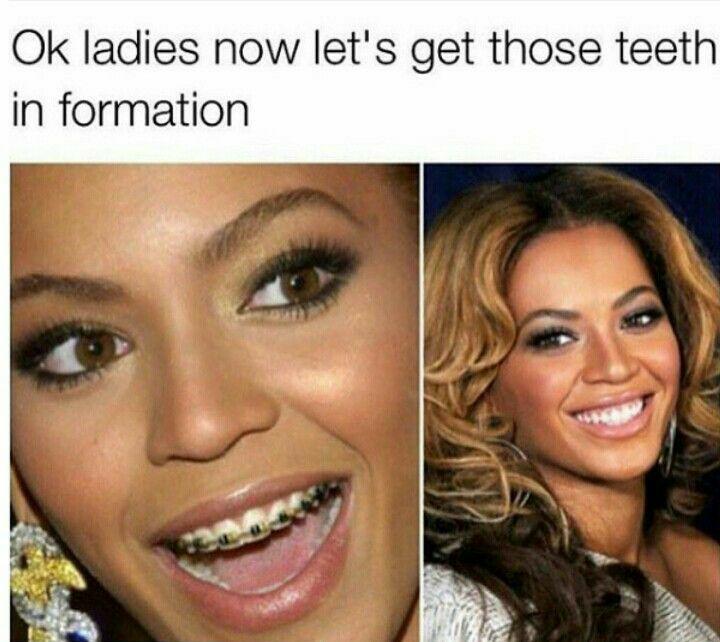
And we completely agree- medical services should always be handled by professionals, otherwise you better brace yourself for the consequences.


 Get Audio+
Get Audio+ Hot FM
Hot FM Kool 101
Kool 101 Eight FM
Eight FM Fly FM
Fly FM Molek FM
Molek FM

